Dutch manufacturer Ahrend De Cirkel is the union of two separate companies: Ahrend, founded by Jacobus Ahrend in 1896, and De Cirkel, founded by Jan Schröfer in 1934. In the postwar era, Ahrend De Cirkel produced furniture by some of the Netherlands’ most celebrated designers, most notably Friso Kramer and Wim Rietveld. Today, Ahrend De Cirkel originals remain highly popular on the vintage market.
In Amsterdam in 1896, Jacobus Ahrend founded Wed. J. Ahrend & Son and quickly established a niche in functional, ergonomic office furniture. In 1930, the company acquired a steel press and launched its steel furniture department. That same year, Jan Schröfer designed the Zitnrom-stoel (1931) for Ahrend. Later, in 1934, Schröfer founded the steel furniture company De Cirkel in Amsterdam, which later relocated with Ahrend to Zwanenburg. Somewhere between 1939 and 1941, Ahrend acquired a large stake in De Cirkel, and the furniture collections of each carried the stamp “Ahrend De Cirkel.”
In 1948, Friso Kramer (b. 1922)—son of accomplished architect Piet Kramer (1881-1961)—began designing for Ahrend De Cirkel. Kramer went on to become the Art Director from 1971 to 1983. Kramer’s work for Ahrend De Cirkel was crucial to its success, as he was an active member in many influential design associations and a driving force behind the development of the Dutch modernist aesthetic from the 1950s onward.
In 1953, Kramer designed the Eames-inspired, steal and plywood Revolt Chair—a true classic of midcentury Dutch design and arguably Kramer’s most famous work. An archetype of efficient industrial design, Kramer’s lightweight and affordable chair could be found in classrooms, offices, and homes around the world in the postwar era. The Revolt went out of production for decades but was reintroduced by Ahrend in 2004. The new polypropylene version won ‘Best Interior Design Product’ at the 2005 Dutch Design Awards.
In 1957, Dutch designer Wim Rietveld (1924-1985) in collaboration with his father, the legendary architect Gerrit Rietveld, designed the stackable Mondial Chair for Gispen—which was exhibited in Brussels at the World Fair in 1958. The prototype was realized in aluminum, but Gipsen preferred the chair to be manufactured in plastic. This prompted Rietveld to find a new manufacturer. In 1958, he left Gispen and moved to Ahrend De Cirkel, where he began a fruitful collaboration with Kramer that would last for many years.
Kramer and Rietveld produced a number of now-iconic designs for Ahrend De Cirkel, ranging from functionalist seating and tables, to storage and shelving systems. Kramer’s standouts include the Facet Table (1964); the ergonomic, modular MEHES office series (1972); AKD Chair (1973); and FKS Stackable Chair and Table (1998). Famous designs from Rietveld include the Result Chair (1958); Oase Chair (1958); Reply Drafting Table (1958), which received the prestigious Signe d'Or prize in Brussels in 1963; Pyramid Table and Chair (1960); and Revolve Chair (1961).
In 1967, Ahrend acquired the steel company ODA alongside De Cirkel, and the latter two became subsidiaries of Ahrend. Today, Ahrend focuses on innovative office furniture and sustainable working environments, while still producing many of the classics from Kramer and Rietveld.
* Images courtesy of Ahrend
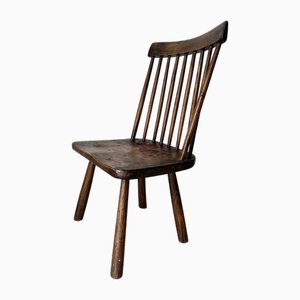
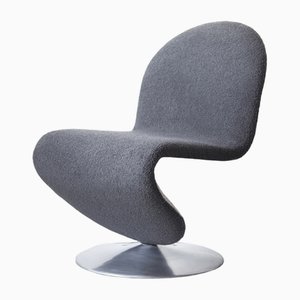


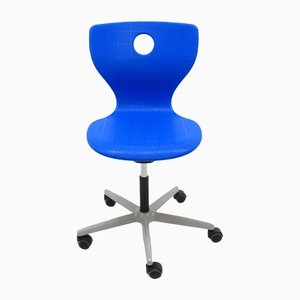

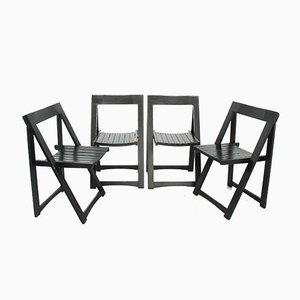
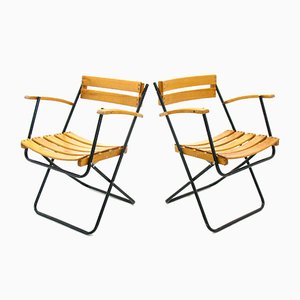

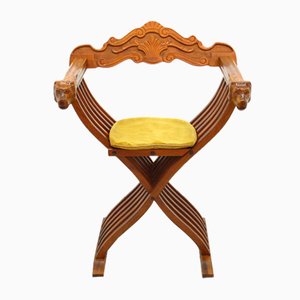
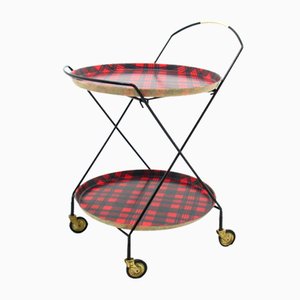
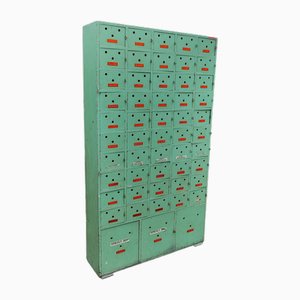
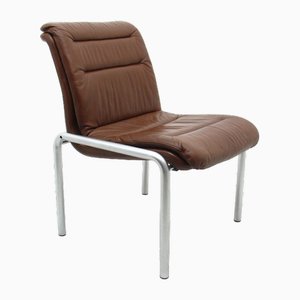
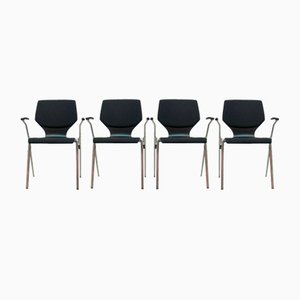

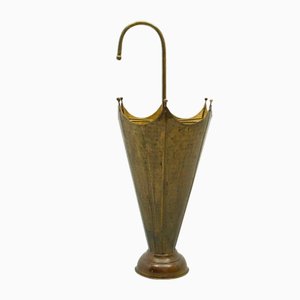
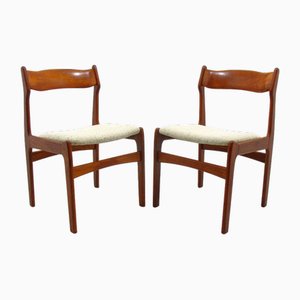
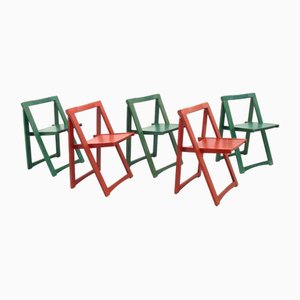
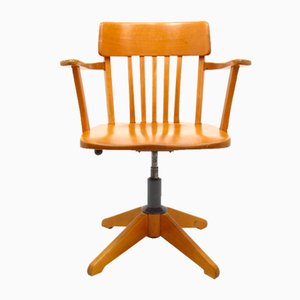
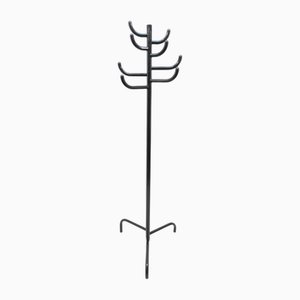
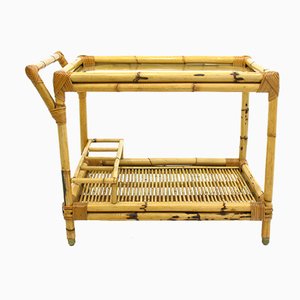
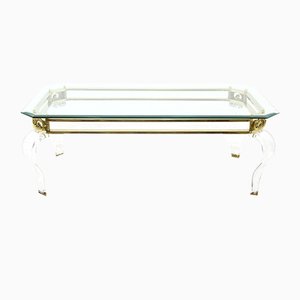
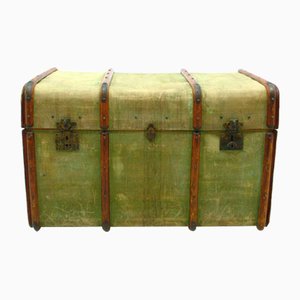
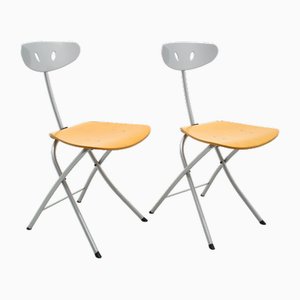
Get in Touch
Make An Offer
We noticed you are new to Pamono!
Please accept the Terms & Conditions and Privacy Policy
Get in Touch
Make An Offer
Almost There!
To follow your conversation on the platform, please complete the registration. To proceed with your offer on the platform, please complete the registration.Successful
Thanks for your inquiry, someone from our team will be in touch shortly
If you are a Design Professional, please apply here to get the benefits of the Pamono Trade Program